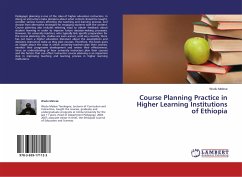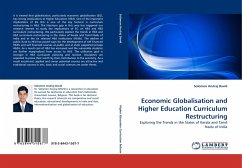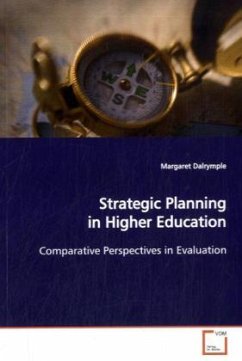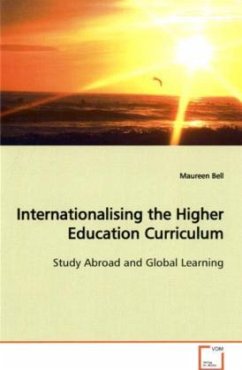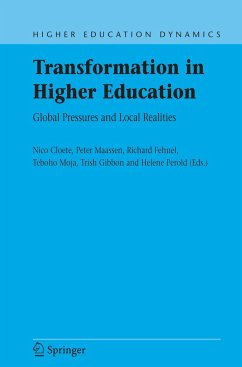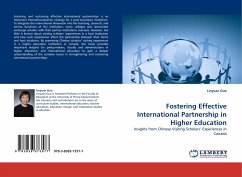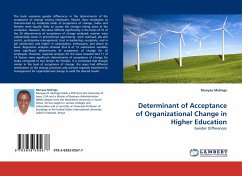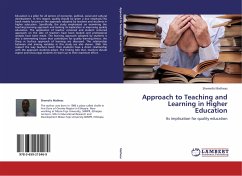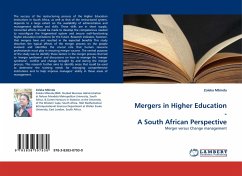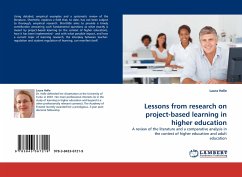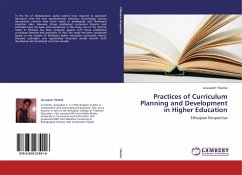
Practices of Curriculum Planning and Development in Higher Education
Ethiopian Perspective
Versandkostenfrei!
Versandfertig in 6-10 Tagen
32,99 €
inkl. MwSt.

PAYBACK Punkte
16 °P sammeln!
In the Era of Globalization, policy makers have required to approach education with the new socioeconomic dynamics. Accordingly, various educational reforms have been made in developing and developed countries alike. However, those established curriculum theories and principles have not been well considered. In this study, one of the reforms made in Ethiopia has been analyzed against with those established curriculum theories and principles. In fact, the study has been conducted based on the context of Ethiopian higher education curriculum reform, theories; principles and approaches discussed ...
In the Era of Globalization, policy makers have required to approach education with the new socioeconomic dynamics. Accordingly, various educational reforms have been made in developing and developed countries alike. However, those established curriculum theories and principles have not been well considered. In this study, one of the reforms made in Ethiopia has been analyzed against with those established curriculum theories and principles. In fact, the study has been conducted based on the context of Ethiopian higher education curriculum reform, theories; principles and approaches discussed would benefit both developing and developed countries equally.



